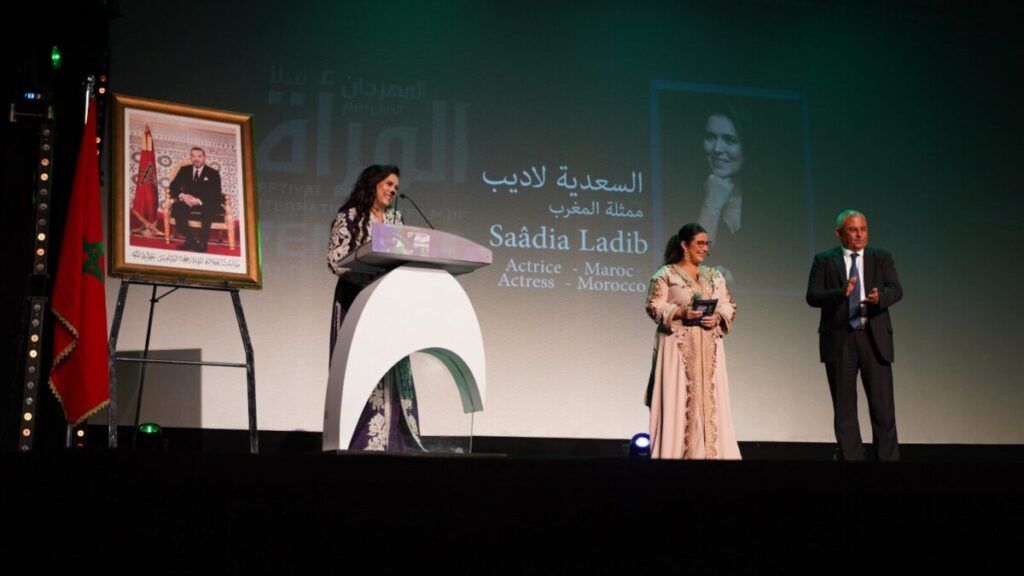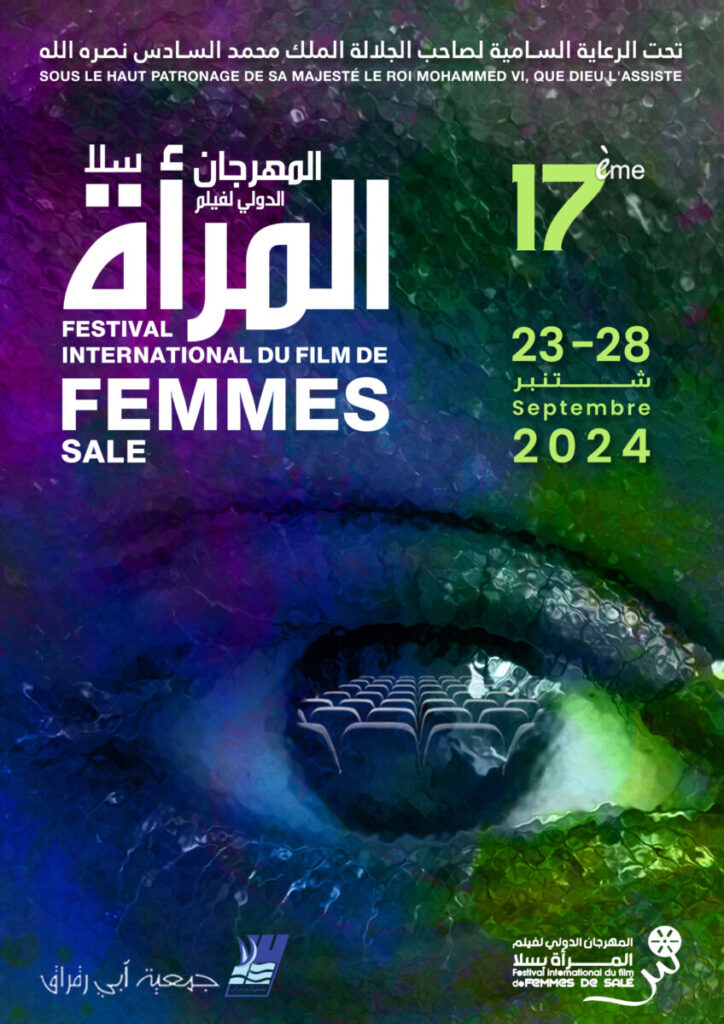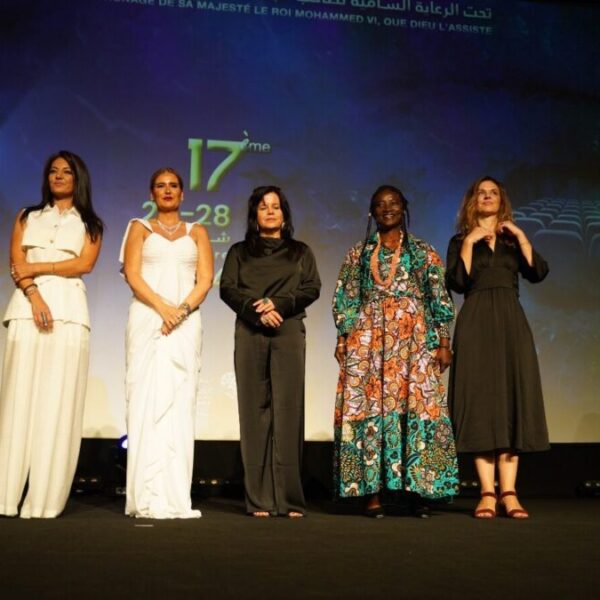According to regions of the world, women represent between 10 and 25% of the film director profession. So in Salé, in the Northwest of Morocco, a film festival annually celebrates the work of female directors from around the world. For its 17th edition, from September 23 to 28, the event has stayed true to the course set in 2008: promoting the work of women in international cinema and selecting works that address women's issues.
An interest in unique voices, that's how you could summarize the International Women's Film Festival of Salé (FIFFS). This event, created in 2003, focuses on the issue of women's work in the film industry. Through the films screened, it offers each year, “a snapshot of the female condition around the world”, as explained by Hicham Falah, artistic director since 2008.
Women and Cinema: Challenges that Transcend Borders
And for good reason. According to a study by UNESCO, published in 2021, less than 10% of people working in the film industry in Southern Africa and West Africa are women. And in the English and Arabic-speaking countries of the continent (Morocco, Tunisia, Nigeria, Kenya, Zimbabwe, and South Africa), while the trend is slightly more encouraging, progress still needs to be made: "30% of women, or more, work in front of and behind the camera" in these countries, as stated in this study... The underrepresentation of women in cinema is not unique to the African continent: in Europe, only 26% of films made between 2018 and 2022 were directed by women, according to the annual report from the European Audiovisual Observatory... "The challenges faced by women are an issue that transcends borders," emphasized Hungarian director Ágnes Kocsis during the opening ceremony, whose country was the guest of honor for this 17th edition.

Faced with this observation, FIFFS presents itself as a meeting place for women filmmakers of all geographical origins, African, Arab, and international. An official competition of feature films highlights the works of ten female directors, originating from Africa, but also from Europe, the Americas, and Asia. Conferences on gender equality in cinema, filmmaker dialogues, as well as a seminar on film criticism in Morocco, Africa, and worldwide were also on the agenda this year... Not to mention a heartfelt tribute paid to the Egyptian and Moroccan actresses Dalia el Beheri and Saâdia Ladib for their entire careers. The latter actually called on all female artists, especially the younger generations, to work towards better representation of Moroccan women in cinema, and to highlight their needs and concerns.
Move the lines
Through these meetings and screenings, the event aims to gradually push boundaries. “Since the creation of the festival in 2003, the major change concerns the number of films made by women around the world, but also their diversity,” emphasizes Hicham Falah. “In all countries, in all regions, in all areas, there are women behind the camera… And the diversity of genres is also evolving: female filmmakers, initially associated with social issues or intimate films, are increasingly using genre films to address the reality of their country. That's the big change.” It should be noted that these productions are still mostly auteur films with small to medium budgets… “There is still a glass ceiling to access larger funding…”, laments the general delegate of the International Documentary Film Festival of Agadir.
The FIFFS, in any case, positions itself as a visibility platform, and the youngest filmmakers are present. "In the generalized chaos that surrounds us, we have a whole young generation of female directors who have things to say, and it's wonderful," says the Burkinabe director Odile Sankara, a member of the feature film competition jury this year. Ágnes Kocsis also agrees: "Encouraging the cinematographic creativity of the young, especially girls, and transferring the knowledge accumulated by the founding generations in the field of cinema to the current generation remains the most effective way to advance this art." At FIFFS, the message has been heard. The presence of Yoko Yamanaka, a 27-year-old Japanese filmmaker, who presented her fifth feature film, Desert of Namibia, at this edition, is a testament to this.
This report represents the first complete mapping of the film and audiovisual industry in the 54 countries of the African continent.

Cover photo: The jury of the official feature film competition. From left to right Maryam Touzani (Morocco), Hana Shiha (Egypt), Ágnes Kocsis (Hungary), Odile Sankara (Burkina Faso), and Fleur Albert (France) ©FIFFS
